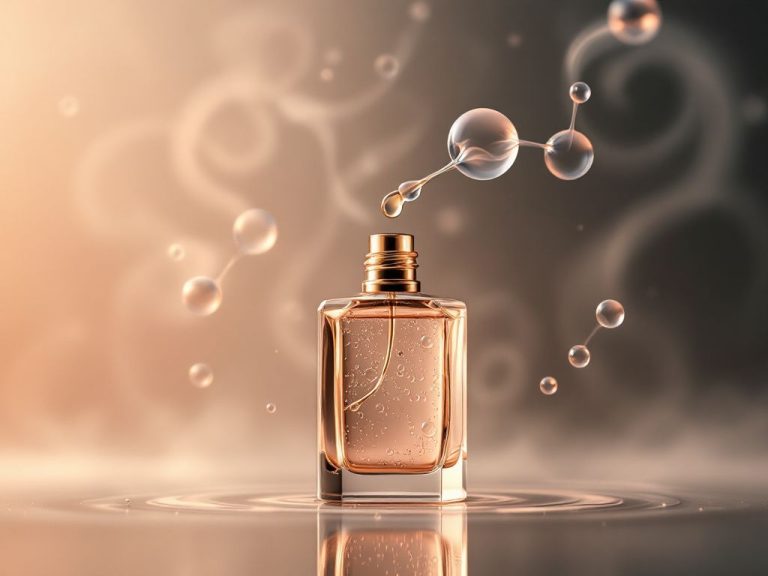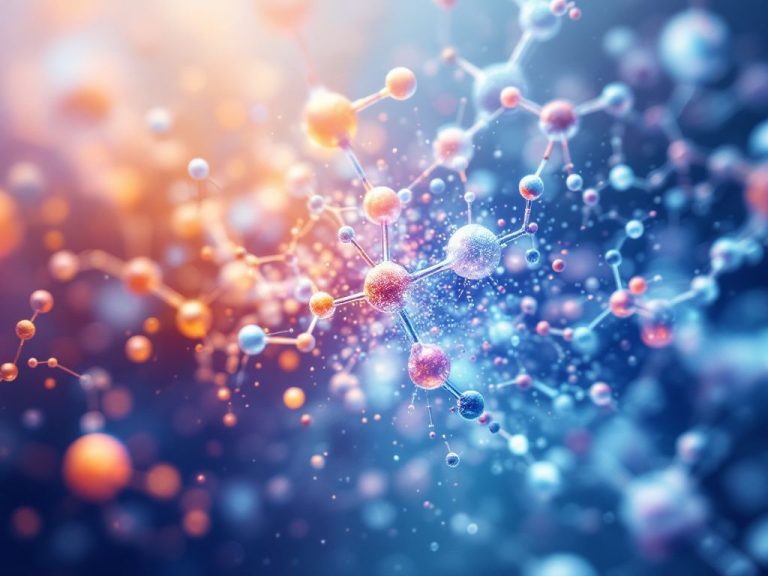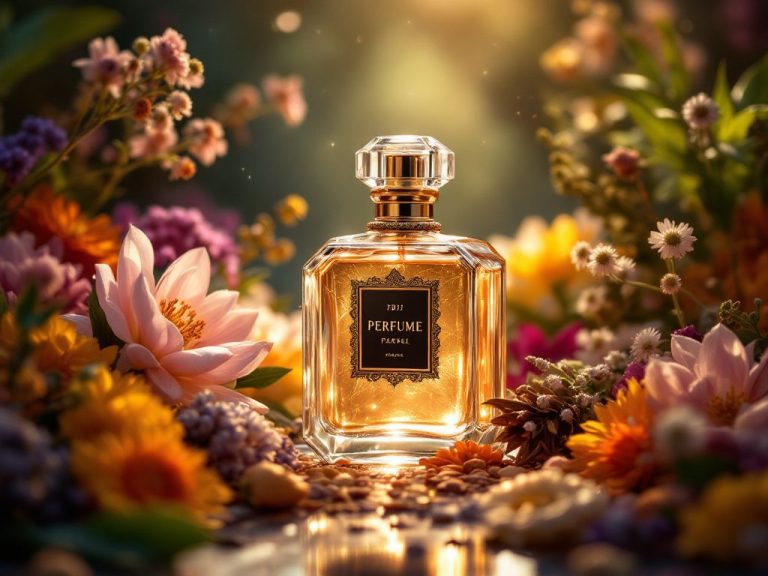
Understanding Perfume pH: A Chemistry Guide
Perfume pH is a crucial aspect of perfume chemistry that affects how a fragrance interacts with your skin and how long it lasts. Understanding the pH of perfume can help you choose the right fragrance for your skin and make sure it blends perfectly with your body’s chemistry. Perfume chemistry is a little slice of science that’s often overlooked, but knowing a bit about it can really transform your fragrance game.









